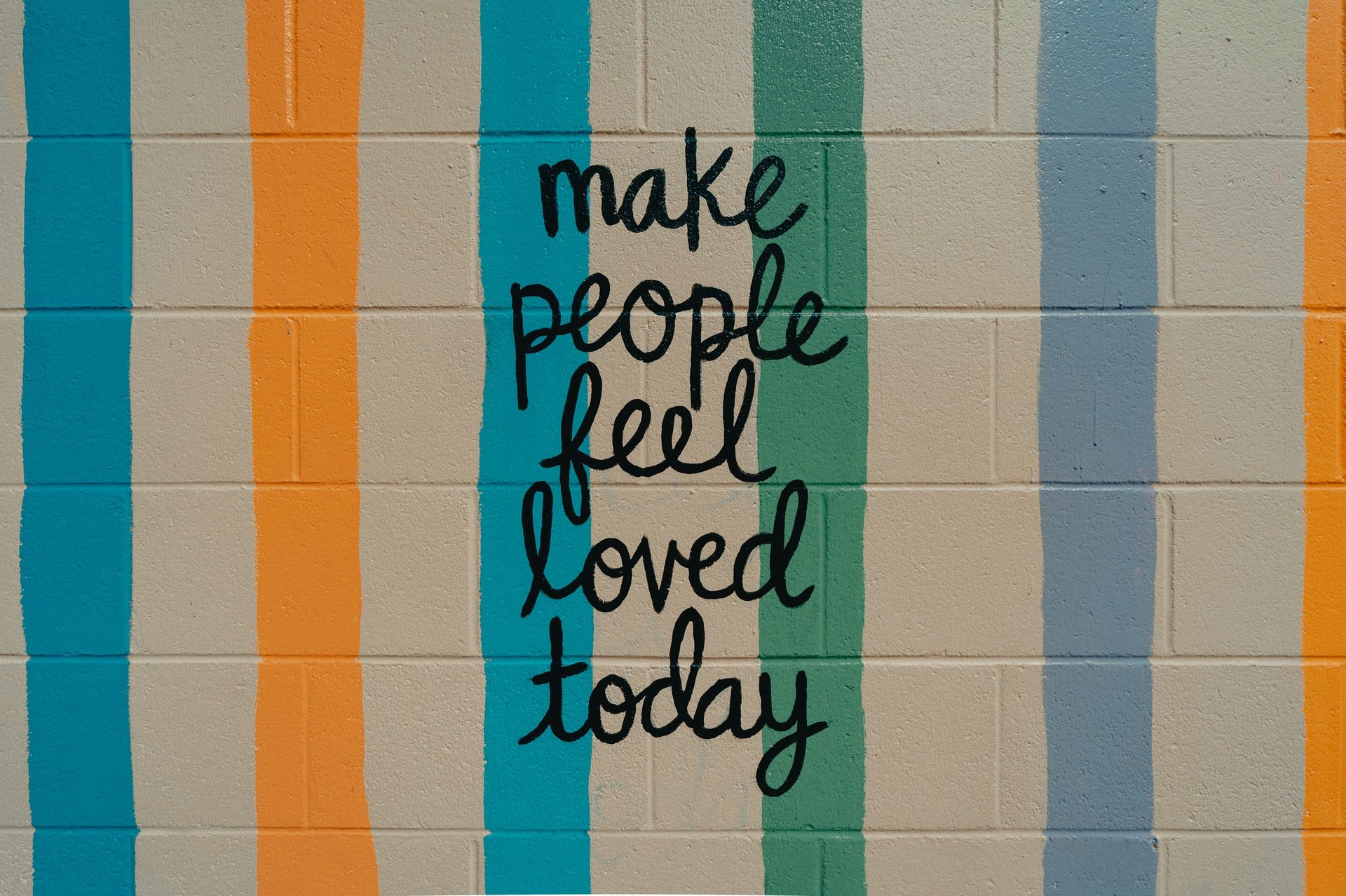
Is addiction a barrier to intimacy?
Sometimes, you can get addicted to drugs or alcohol – and sometimes, you get addicted to behaviour that stops you from finding love.
I am sure you are wondering what I am talking about when I say that addiction is a barrier to intimacy. I am not the only one who has this school of thought. The person who pioneered it is Dr Carol Clark, by writing a book called Addict America – the Lost Connection. She shared this with me and other students on her program and now I am sharing this with you. I also share this in the therapy space with my clients.
In her book, Dr Clark shares that addiction is not about the substance, it is about the behaviour. You can be addicted to drugs or alcohol, and behaviours such as sex, gambling, pornography, anger, technology and so much more. Because the addicted brain focuses on getting more from an external source; it will not be possible to fill the emptiness that we are feeling inside – and, although we may feel in control, by being in this cycle; we are slowly disconnecting from those around us, as we focus on filling the emptiness (with substances or behaviours), which then becomes a barrier to intimacy – as our focus will not be on spending time with our loved ones but on getting more and more to feed our habit leading to our isolation.
How does all this start? The origin of this begins with one or several disturbing events from childhood, that leads to the disconnection in our Limbic System. The Limbic System is a set of structures in the brain that deal with emotions and memory. It regulates autonomic functions in response to emotional stimuli and is involved in reinforcing behaviour. This part of the brain is focused on our survival and is sometimes called the caveman brain. The disconnection happens as a result of protecting us and the idea of keeping us safe. This is all unconscious, of course.
What happens next? The disturbing event from childhood then leads us to develop negative cognitions or beliefs about ourselves – for example we may have ended the school year with poor grades, our teacher may have told us that we have done very poorly in comparison to everyone else in the class. When we got home with our report card, our caregivers may have been disappointed with us and made us feel terrible about it too; we may have been verbally or physically abused. We then tell ourselves, ‘I am a bad person’ ‘I am not good enough’ ‘I am worthless’ ‘I am not a good person’. These types of disturbing events can then continue into our adolescence, and even into adulthood – where things happen, and we feel less and less worthy of happiness or anything good this world has to offer. It can also determine the kind of choices or decisions we make and can influence our overall self-worth.
Where does intimacy come into play? Actually, right here. As we continue believing the worst of ourselves, we then feel that no one can and will, love us as we are, so we then start to try to control who can get close enough to know the real us. Here we are protecting ourselves from rejection. We believe that we really open up and become vulnerable, we can get hurt (again, our brain, and specifically, the Limbic System, is subconsciously pulling us away from dangerous or hurtful situations. It is trying to ensure that we survive). So, we focus on exercising some sort of control in our intimate relationships, so as to avoid feeling helpless and powerless. By doing this we isolate ourselves. This feeling can be extremely painful to bear, as we crave to love, to be loved, to be seen, to be heard, to be understood – to be vulnerable.
Is this where addiction comes into play? Yes, but not straight away. The pain we experience in this disconnection is where we develop the desire to find a substance or behaviour that can alter our mood, and make us feel better, happier, less lonely, important, worthy, and even powerful. We do this to relieve the pain we are experiencing from disconnecting from others and we then end up not being able to be intimate or share intimacy with our loved ones. To ensure the pain does not resurface we take more of the substance or do more of the behaviour to feel better about ourselves, and this creates a tolerance by changing our brain chemistry. We find ourselves doing more and more of the behaviour or the substance and becoming addicted to them. Our mission at this point is to feed our addiction and ensure that no one gets in the way of trying to feel better – including our loved ones.
Focusing on the point that addiction is not about the substance or the drug of choice; this can be a behaviour too. Look out for part 2 of this article where I will explain further on how you can reconnect with those you love and share intimate connections in recovery. Until then, stay safe and remain mindful over the things that you are engaging in when with your loved ones.
What might stop you from getting into meaningful relationships?
